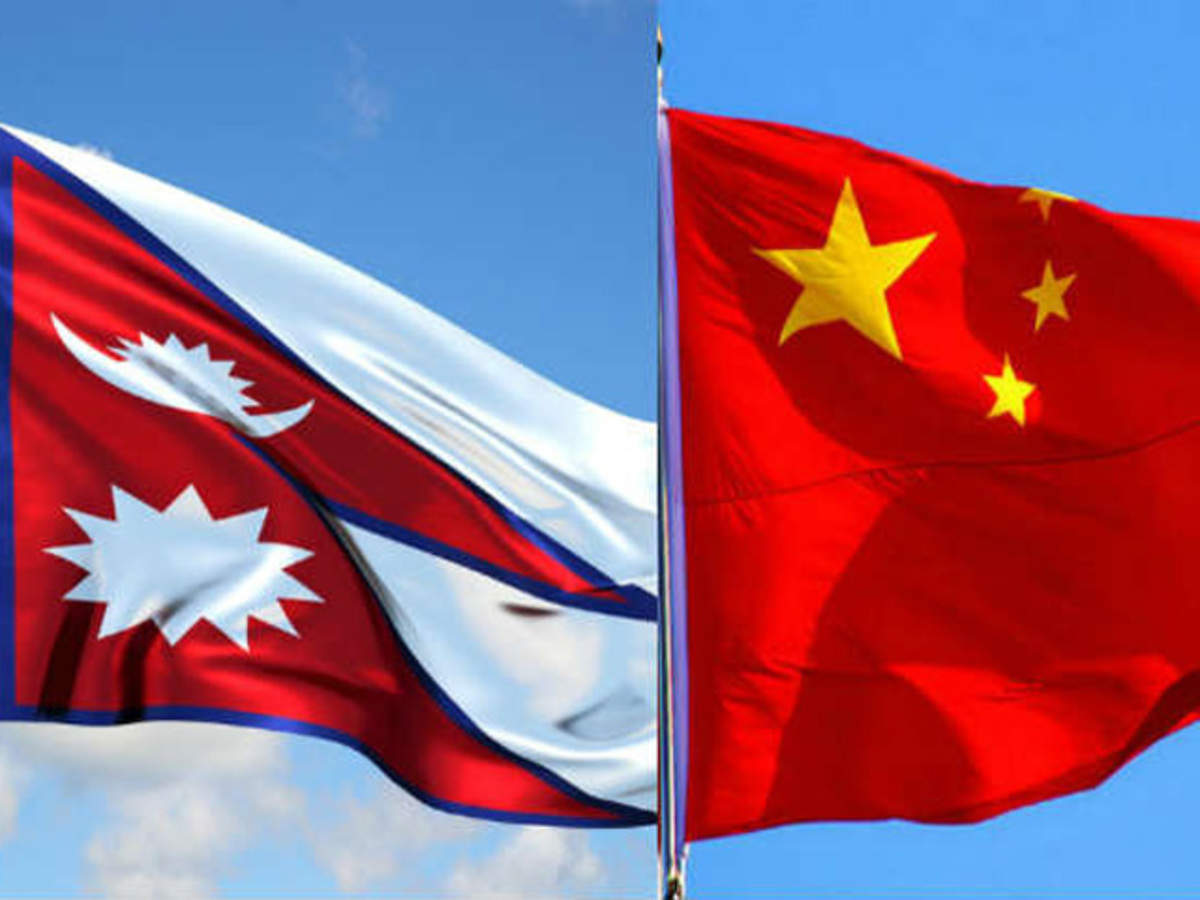Kathmandu: To expedite Belt and Road Initiative (BRI) projects, Nepal and China have agreed to swiftly finalize the BRI Implementation Plan, aiming to accelerate the progress of infrastructure undertakings. The decision was reached during a high-level delegation meeting held between Deputy Prime Minister and Foreign Minister Narayan Kaji Shrestha and his Chinese counterpart Wang Yi in Beijing on Tuesday.
Following discussions, both parties reaffirmed their dedication to hastening the signing of the BRI Implementation Plan, with expectations set for its completion during forthcoming high-level visits from Beijing to Kathmandu over the next few months.
This commitment underscores efforts to overcome previous delays, with the signing initially postponed due to reservations from the Nepali side regarding the proposed plan shared by China in late 2019.
Sources reveal that recent political realignments within Nepal, particularly Prime Minister Pushpa Kamal Dahal’s establishment of a new coalition, have revitalized efforts to advance the BRI agenda. With key ministries now under Prime Minister Dahal’s purview, fresh initiatives have been undertaken to expedite negotiations, including dispatching his deputy for direct talks in China.
Despite Nepal’s initial agreement to the BRI in 2017, progress on associated projects has stagnated amid delays in finalizing the Implementation Plan. Discord over funding modalities and geopolitical concerns has hindered advancement, with Nepal advocating for grant-based initiatives over those reliant on concessional loans to mitigate the risk of a debt trap.
Among the projects proposed by Nepal are critical infrastructural developments such as the Kathmandu-Kerung Railway and the Rasuwagadhi-Kathmandu Road Upgradation. Yet, with uncertainties looming over funding, alternative partnerships, like the memorandum of understanding signed with an Indian government enterprise for the Phukot-Karnali Hydropower Project, have emerged.
China’s insistence on expediting the BRI underscores its commitment to bolstering economic cooperation with Nepal and fulfilling past commitments. Concurrently, discussions between Deputy Prime Minister Shrestha and Chinese officials have also touched upon the reopening of traditional trading points and elevating bilateral mechanisms, signaling a broader effort to enhance Nepal-China relations.
As Deputy Prime Minister Shrestha’s official visit continues, discussions with provincial leaders aim to deepen understanding and cooperation between the two nations, underlining the significance of these diplomatic exchanges in shaping the future of Nepal-China relations.
